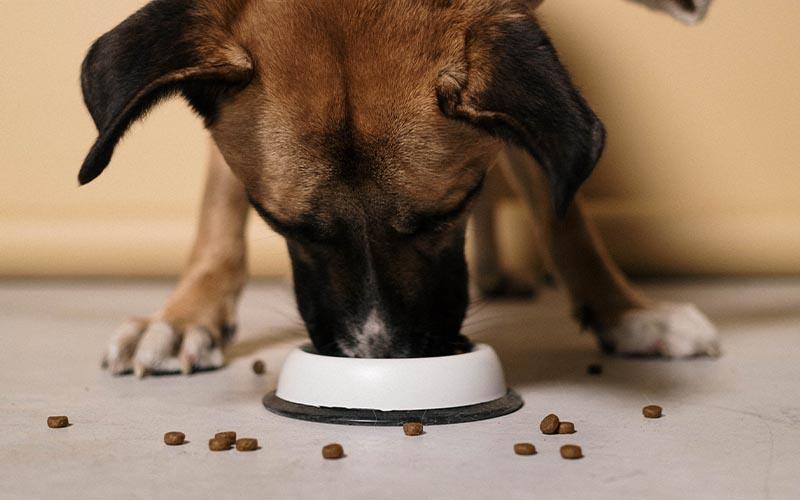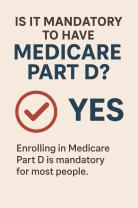Why has my dog suddenly stopped eating his food?
A sudden change in a dog's eating habits, especially a refusal to eat, can be concerning and may be indicative of various underlying issues. Investigating the potential causes is essential to determine the appropriate course of action. Here are some common reasons why a dog may suddenly stop eating:
Illness or Pain:
- Dogs often lose their appetite when they're unwell or in pain. Various health issues, including infections, dental problems, gastrointestinal disorders, or systemic diseases, can contribute to a sudden refusal to eat.
Gastrointestinal Upset:
- Issues such as gastritis, colitis, or other gastrointestinal problems can cause discomfort and lead to a decreased appetite.
Dietary Changes:
- Sudden changes in diet or the introduction of new food can cause a dog to lose interest in eating. Dogs can be sensitive to changes in flavors or ingredients.
Stress or Anxiety:
- Changes in the environment, routine, or exposure to stressful situations can lead to a loss of appetite. This may include moving to a new home, the introduction of a new pet, or other significant changes.
Dental Issues:
- Painful dental conditions, such as gum disease or broken teeth, can make eating uncomfortable and lead to a refusal to eat.
Environmental Factors:
- Extreme temperatures, discomfort, or exposure to toxins in the environment can affect a dog's willingness to eat.
Feeding Schedule Changes:
- Changes in the feeding schedule or disruptions to regular meal times can impact a dog's eating habits.
Ill-Suited Food:
- Some dogs may not like the taste or texture of a particular brand or type of food. They may refuse to eat if they find the food unpalatable.
Medical Conditions:
- Underlying medical conditions, such as kidney disease, liver disease, or certain endocrine disorders, can result in a sudden loss of appetite.
Behavioral Issues:
- Behavioral problems, anxiety, or fear associated with the feeding area or certain feeding practices can contribute to a dog's refusal to eat.
Investigating and Addressing the Issue:
Check for Obvious Issues:
- Examine your dog for any signs of injury, check the mouth for dental problems, and assess the environment for potential toxins.
Observe Other Symptoms:
- Note any other changes in behavior, such as lethargy, vomiting, diarrhea, changes in posture, or signs of pain.
Review Diet and Feeding Schedule:
- Consider whether there have been recent changes in your dog's diet or feeding schedule. Revert to a familiar and well-tolerated food if a recent change may be the cause.
Consult the Veterinarian:
- If your dog's refusal to eat persists or is accompanied by other concerning symptoms, consult your veterinarian promptly. A thorough examination and diagnostic tests may be needed to identify the underlying cause.
Gradual Diet Changes:
- If changes to the diet are necessary, make them gradually to allow your dog's digestive system to adjust.
Provide a Comfortable Environment:
- Ensure that your dog's feeding area is quiet, comfortable, and free from stressors. Reduce any potential anxiety associated with mealtime.
Follow Veterinary Advice:
- Follow the guidance of your veterinarian for any recommended treatment or dietary changes. This may include medication, special diets, or other interventions based on the underlying cause.
A sudden change in a dog's eating habits, especially if it persists, warrants prompt attention from a veterinarian. Timely identification and treatment of the underlying issue are crucial for the well-being of your dog. Always seek professional veterinary advice if you have concerns about your pet's health or behavior.
Pet nutrition challenges: Why has my dog suddenly stopped eating his food?
A dog's sudden loss of appetite is a concerning issue for pet owners, as it can indicate various underlying health problems or behavioral changes. Understanding the potential causes of this behavior is crucial for providing prompt and appropriate care.
2. Examining Common Reasons for Sudden Changes in a Dog's Eating Behavior
Several factors can contribute to a dog's sudden reluctance to eat, including:
Medical Conditions: Illnesses such as dental problems, gastrointestinal issues, urinary tract infections, and metabolic disorders can cause a sudden drop in appetite.
Medications: Certain medications may have side effects that suppress appetite. If your dog has recently been prescribed new medications, consult your veterinarian to determine if they could be causing the decreased appetite.
Stress and Anxiety: Changes in environment, separation anxiety, or other stressful events can lead to behavioral changes, including decreased food consumption.
Dietary Changes: Abruptly introducing a new food or making sudden changes to a dog's diet can cause temporary appetite loss. Always introduce new foods gradually and monitor your dog's reaction.
Environmental Factors: Extreme temperatures, lack of access to clean water, or an unpleasant eating area can discourage a dog from eating. Ensure your dog has a comfortable and accessible eating spot.
Tips for pet owners in maintaining a healthy and consistent diet for their dogs
To help maintain a healthy and consistent diet for your dog and prevent sudden changes in eating behavior, consider these tips:
Choose a High-Quality Diet: Opt for a balanced and age-appropriate dog food that meets your dog's nutritional needs. Consult your veterinarian for recommendations based on your dog's breed, age, and activity level.
Establish a Regular Feeding Schedule: Feed your dog at consistent times throughout the day to create a predictable routine and avoid overfeeding.
Monitor Food Intake: Keep track of how much food your dog typically consumes to identify any significant changes in appetite.
Introduce New Foods Gradually: When introducing a new food, mix it with your dog's regular food in small amounts and gradually increase the proportion over time to minimize digestive upset.
Avoid Table Scraps: Feeding table scraps can lead to nutritional imbalances and make your dog less interested in their regular food.
Provide Fresh, Clean Water: Ensure your dog has constant access to fresh, clean water. Place water bowls in multiple locations throughout the house to encourage water intake.
Address Stress and Anxiety: If stress or anxiety is suspected to be causing decreased appetite, consult a veterinarian or animal behaviorist for guidance on managing these issues.
Schedule Regular Veterinary Checkups: Annual wellness examinations and regular dental checkups can help identify and address any underlying health problems that may be affecting your dog's appetite.
By following these tips and maintaining a consistent and healthy diet for your dog, you can help prevent sudden changes in eating behavior and promote overall well-being.












